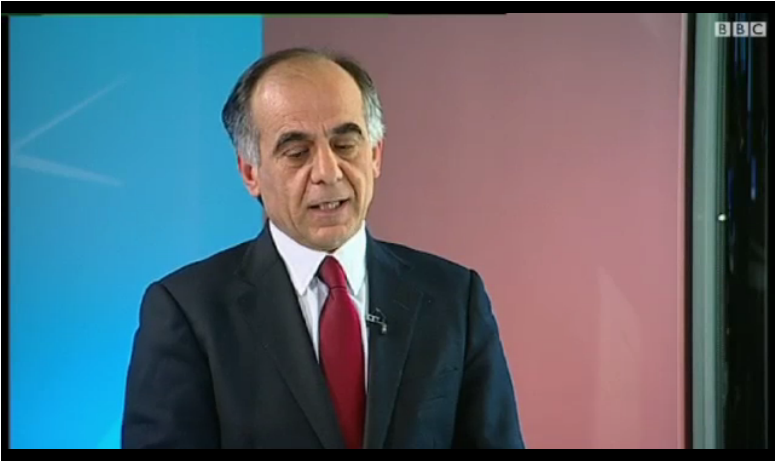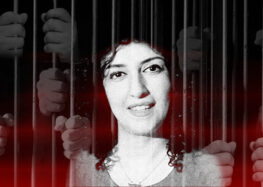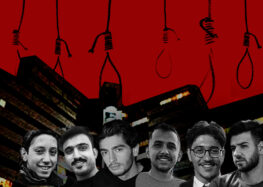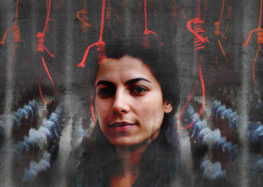Stop Targeting and Harassing BBC Journalists’ Families in Iran

In a news program aired on BBC Persian on Dec 18, 2012, Sadeq Saba, the director of BBC Persian, said that Iranian Intelligence Ministry agents have redoubled their harassment of employees’ families over the last two weeks, pressuring them to ask their relatives to stop working for the BBC.
(December 20, 2012) The Iranian Judiciary and Intelligence agencies must immediately stop harassing the family members of journalists working abroad and ensure that security forces put an end to extrajudicial mistreatment, intimidation, and official misconduct, the International Campaign for Human Rights in Iran said today.
In a news program aired on BBC Persian on Dec 18, 2012, Sadeq Saba, the director of BBC Persian, said that Iranian Intelligence Ministry agents have redoubled their harassment of employees’ families over the last two weeks, pressuring them to ask their relatives to stop working for the BBC.
“Targeting the family members of journalists is a brazen breach of international and domestic laws. The international community should not tolerate such actions and must hold the Iranian government accountable,” said the Campaign’s spokesperson Hadi Ghaemi.
Saba said the harassment began following a screening of documentary filmmaker Maziar Bahari’s Forced Confessions, which aired on BBC in early December 2012. In the two weeks since, Intelligence Ministry agents have contacted the family members of half a dozen BBC employees in several cities throughout Iran, summoning them to the Ministry of Intelligence offices in each city, Saba reported.
This new wave of harassment against BBC Persian reporters follows the same pattern of arrests and official intimidation the Campaign has documented previously, most recently in the lead-up to the Parliamentary elections in March 2012. This pattern includes the harassment of arrested journalists’ families, interrogation techniques aimed at extracting forced confessions, and targeting those who have any connections—perceived or real—to BBC Persian.
In addition to the arrests and interrogations of family members of journalists, Intelligence Ministry interrogators have also been harassing the spouses of prisoners of conscience.
Prisoner of conscience Abolfazl Ghadyani wrote a letter published December 11, 2012, describing an interrogator’s harassment of another prisoner’s family. “From the beginning of Dr. Alireza Rajaee’s illegal detention, [the interrogator assigned to his case] has repeatedly harassed his family through different means and has put them under a variety of psychological and mental pressures, creating the worst conditions for a respectable and oppressed family,” Ghadyani writes in his letter. “Recently he has taken brazenness and meanness to a new level by telling Dr. Rajaee’s wife, ‘I will exile him to Borazjan or Rajaee Shahr Prison,’ and has outrageously asked her to divorce her husband.” The interrogator reportedly calls Rajaee’s wife several times per day.
Since 2009, BBC Persian, an important news source for millions of Iranians, has emerged as an alternative source of information and analysis besides the state-run media. It covers a variety of areas, including Iran’s domestic politics and its struggle with the international community. Iranian officials repeatedly cite BBC Persian’s reporting as evidence of a foreign plot to undermine the regime.






